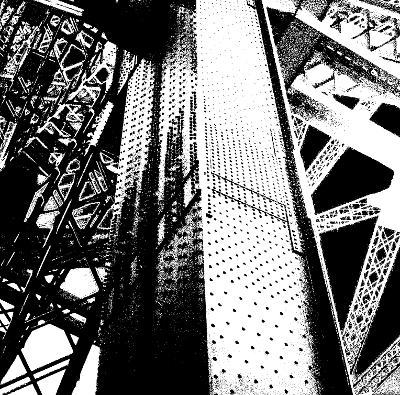Skills issues detailed
 Employers have warned that border re-opening will not solve Australia’s skill shortages.
Employers have warned that border re-opening will not solve Australia’s skill shortages.
Australian Constructors Association chief executive Jon Davies says workers are less attracted to Australia because they may get stuck due to pandemic restrictions.
“We’re not going to be able to rely as we have previously, when international borders reopen, on bringing people in,” he told an infrastructure summit this week.
“That’s not just because every other major jurisdiction around the world is doing exactly what we’re doing and spending big on infrastructure.
“But one fundamental thing that has happened with COVID-19 … is it’s really changed the thought about Australia being a good a place to come and live … I’ve always thought that I can get on a plane in 24 hours and be back in the UK. Now that’s changed, COVID-19 has changed all that.
“I think that that is also going to have a significant impact on our ability to attract people to come to Australia to work in Australia.”
Mr Davies said the construction sector is struggling to attract and retain a new generation of skilled workers, partly due to intense work hours and adversarial culture.
“Back in my day you did your degree, you went out and if you thought; ‘This is not for me’, you grit your teeth and you got on with it,” he said.
“Now we have a situation where the current generation go; ‘Actually I don’t want to come into work where all I’m going to do is argue all the time... and be involved in all this negative stuff. I don’t want to be in an industry that works 10-12 hours a day, six days a week. I know I trained to become an engineer but I reckon I’m going to train and go off and train and become an accountant instead’.
“This is the real change that has happened over the last few years - and I think this now is a real problem for our industry.”
The NSW and Victorian governments are working with industry groups to establish a cultural standard for projects.
TAFE NSW managing director Steffan Faurby says TAFE is dealing with a “massive” skill shortage, with NSW alone requiring 3400 additional carpenters, 2300 electricians and 1500 plumbers needed in the next three years.







 Print
Print